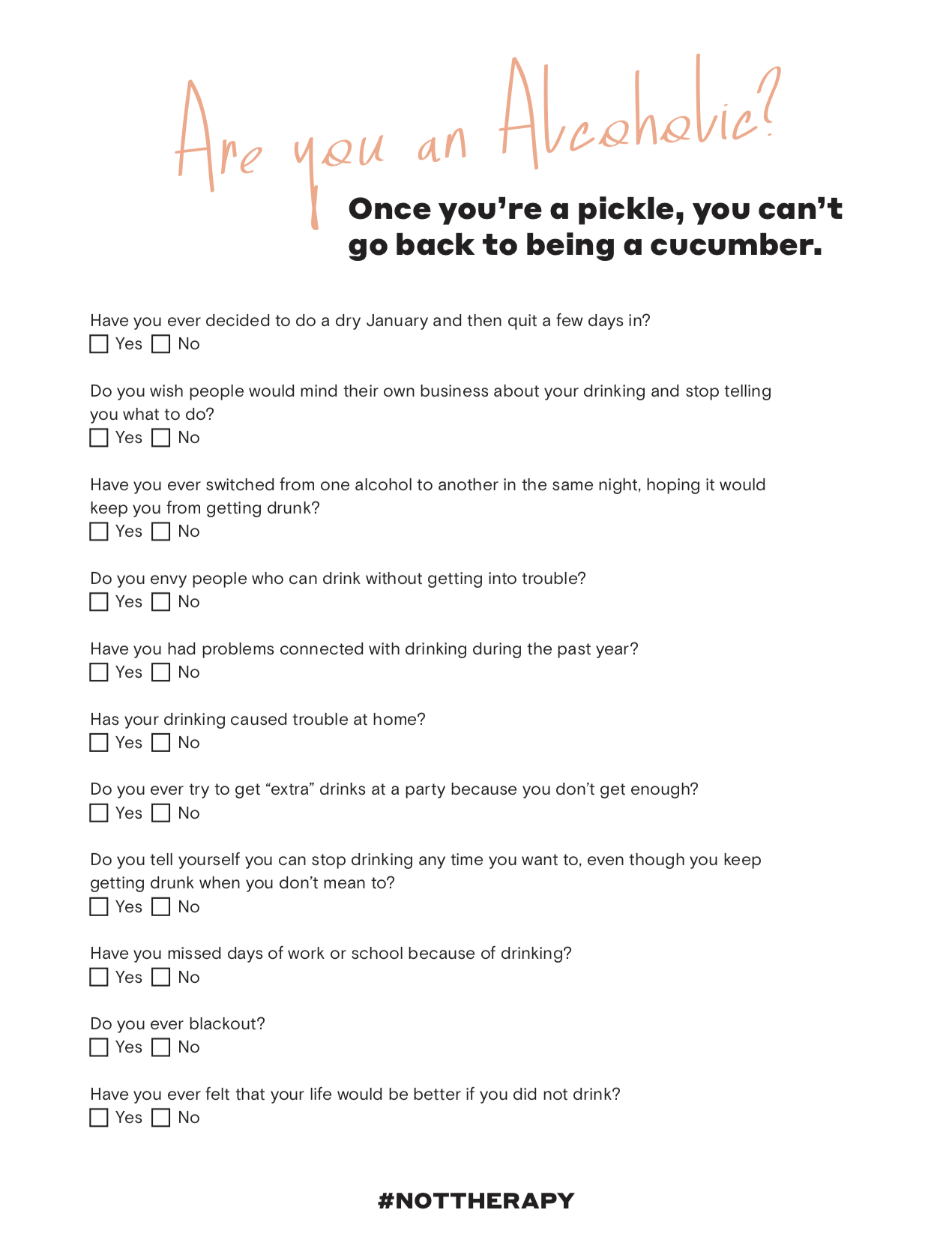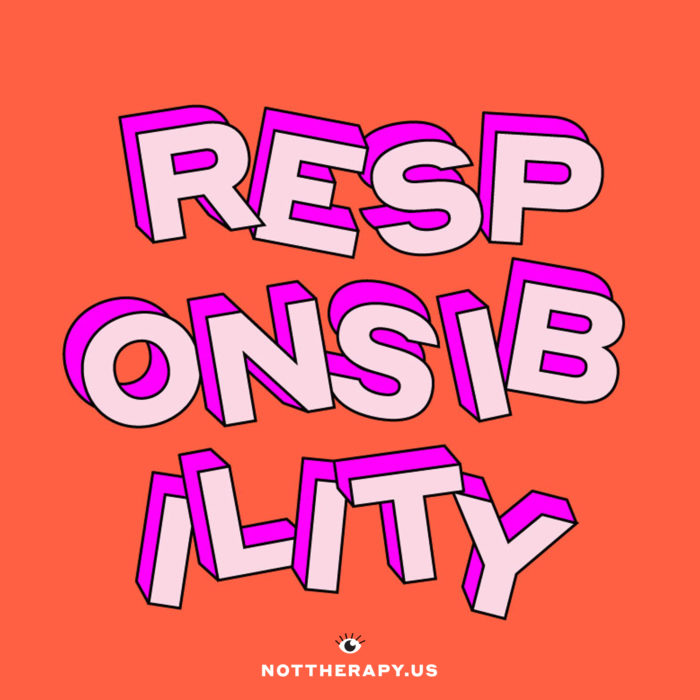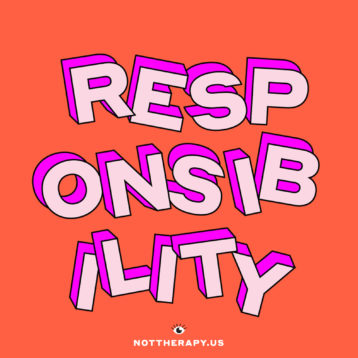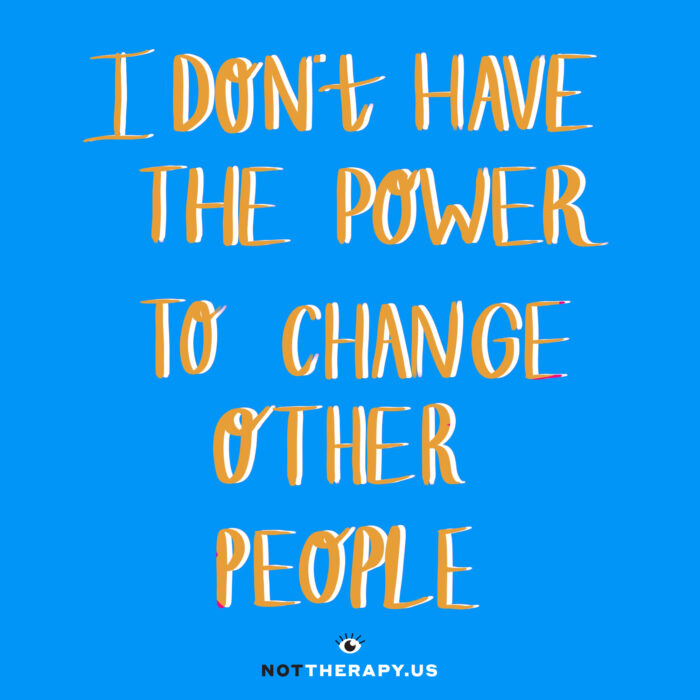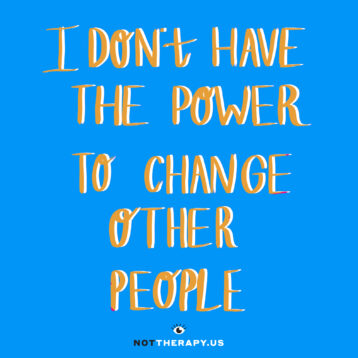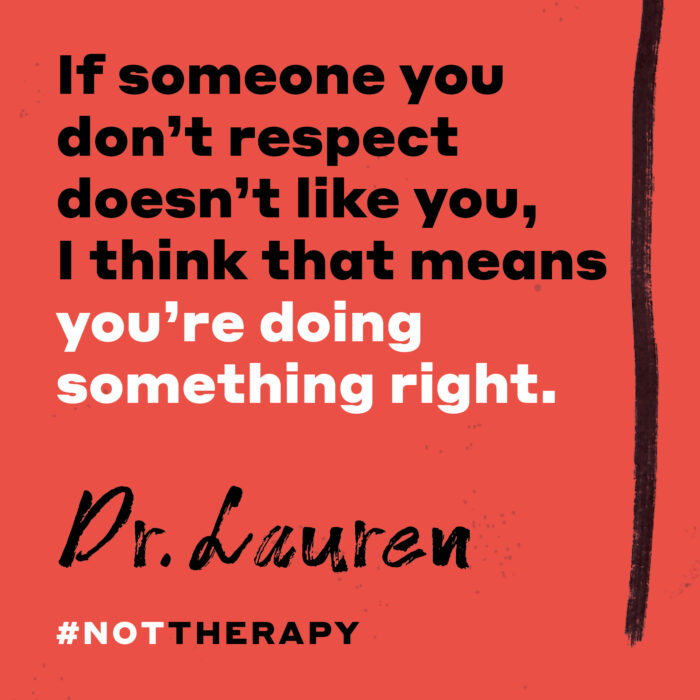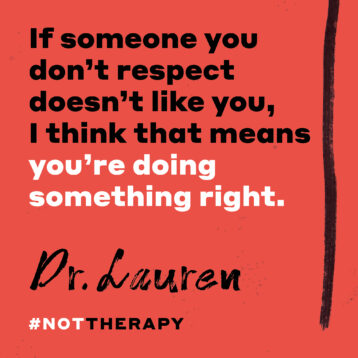Alcoholism is the worst… to say the least.
It steals joy from those who suffer and from their friends and families, too.
Although it’s a mental health concern just like depression and anxiety, it’s often difficult to empathize with someone who struggles with alcoholism (aka, Alcohol Use Disorder), because it’s hard to grasp why they can’t just call it quits.
In my personal and professional experience, I’ve learned that I don’t need to understand alcohol dependence—nor be able to control it in a family member—for me to be okay.
If your brother, sister, mom or dad struggles with alcoholism, you have every right to be frustrated and even angry. It took me decades to gain empathy and love for those who struggle here, without losing myself to this disease. Some of the things I know now that I wish I’d known then? Buckle up.
#TheFacts
There are several criteria used to determine whether or not a person struggles with alcoholism:
- They try to stop and can’t.
- Their drinking is messing up their most valuable relationships and is affecting their school and/or work in a negative way.
- They need more and more of the substance to get the relief they’re looking for, and when they don’t drink, they experience physiological symptoms of withdrawal that only drinking will stop.
The disorder has three specifications—mild, moderate and severe—based on the number of criteria the person is experiencing.
Alcoholism is one of the biggest public health crises in the United States, and it has been for generations. While opioid dependence is getting a lot of attention these days, alcoholism continues to run amok in our our families.
This is a disease that does not discriminate—rich people, poor people, men, women, girls and boys are all at risk.
Alcoholism can be fatal and for those who live with the sickness, it decreases their lifespan by approximately 30 years.
Forty-percent of hospital beds are filled with people who have illnesses related to alcohol consumption. More than 15 million people struggle with alcoholism, and teen alcohol use kills 4,700 people a year, which is more than all illegal drugs combined.
Every alcoholic significantly affects five to seven people in a negative way, which translates to 75 to 105 million people. Family members are at risk of experiencing mental health concerns, such as anxiety and depression, stress and shame.
#InOtherWords
Alcoholism is a disease. People who have it can’t just stop it, and family members experience symptoms that keep them stuck, too.
Having a close relative, like a parent or sibling, who struggles with alcoholism increases the chances that you’ll also struggle.
Research shows that genetics account for 50% of the underlying reason for alcoholism. How come? Those of us with close family members with the disease are predisposed to metabolize alcohol in such a way that the pleasurable effects of drinking outweigh the feelings of nausea, overheating, or mood swings that lots of people feel when they drink.
Being a family member of an alcoholic not only puts you at risk of alcoholism, but it also makes you more likely to experience eating disordered behaviors, behavioral addictions, and the “family disease”—a 24/7 obsession with your addicted loved one.
#TheFeels
Note: Drinking is just one symptom of alcoholism. The rest of the symptoms are characterological defects, behavioral traits we adapt as coping mechanisms in response to the chaos alcoholism unleashes. Basically, those who struggle with alcoholism choose to compromise their value system and character in ways that affect themselves and those they love by doing things they’d never, ever, do, if they weren’t a slave to this substance.
The bad news is that those of us with the family disease have all of the characterological symptoms, and they feel really bad. Family members of alcoholics often feel like they’re going crazy. The constant highs and lows, manipulative patterns, and toxic enmeshment alcoholics typically exhibit creates a breeding ground for anxiety, depression, low self-esteem and obsessive over-thinking about everything under the sun. The biggest problem family members have is that they think their problem is the alcoholic, not their own symptoms. Family members will often tell me, “If he’d just stop drinking, I’d be fine!”
Would you, though?
The good news for family members is that they don’t have the phenomenon of craving to deal with, like alcoholics do. Alcoholics can often go for a period of time abstaining from alcohol use—however, if they don’t heal the characterological symptoms, they’ll relapse and drink again. Once they have one drink, the craving kicks in and they’re off to the races, back to square one, drinking and breaking the promises they made to themselves and their loved ones. It’s no surprise that this increases the feelings of self-hatred and shame that contribute to their underlying problems.
In my professional opinion, the way to truly heal those characterological symptoms and exit this vicious cycle of despair for good, is to work a 12 step program (Alcoholics Anonymous for addicts and Al-anon for family members) with an experienced support group, and an honest sponsor.
If you’re a family member, what should you do?
1. Go to an Al-anon meeting
Al-anon literally saved my life. To me, Al-anon is synonymous with relief, growth, and everything else that’s good. You need to experience it for yourself.
2. Practice self care
To take care of others, you’ve got to take care of yourself. Start here.
If you’re concerned about your own drinking, what should you do?
1. #DoThisThing
See which of your behaviors indicate there might be a bigger issue.
2. Go to a clinician near you
It’s never too early—or to late—to get help.
3. Go to an open Alcoholics Anonymous meeting
Go to six meetings before making a decision on whether or not you’ll continue. Just as with NOT THERAPY, this will work, if you work it.
Art by Janine Kuehn.



